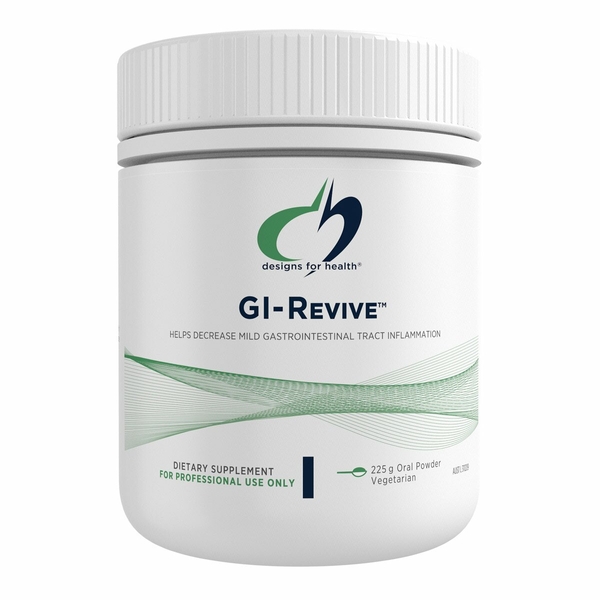
Ambrette
Scientific names: Abelmoschus moschatus, Hibiscus abelmoschus
Family: Malvaceae
Alternate names: Abelmosco, Abelmosk, Ambretta, Ambrette Plant, Egyptian Alcee, Gandapura, Graine d'Ambrette, Hibisco, Kasturidana, Kasturilatika, Kasturi Bhendi, Ketmie Musquée, Latakasthuri, Latakasturi, Lata Kasturi, Lathakasthuri, Mushkdana, Muskadana, Muskmallow, Musk-Mallow, Musk Seed, Okra, Target-Leaved Hibiscus, Tindisha
Actions: Antidiabetic, Opioid
Background
Ambrette (Abelmoschus moschatus) is a fragrant shrub native to India. Oil from its seed has a musky aroma. It's used in colognes and traditional medicines.
Certain ambrette seed and leaf extracts contain chemicals that might have antioxidant, anticancer, and antibacterial effects.
People use ambrette for stomach pain, anxiety, cancer, heart failure, constipation, depression, indigestion, nausea, and many other conditions, but there is no good scientific evidence to support these uses.
Don't confuse ambrette, which is also known as Hibiscus abelmoschus, with Hibiscus sabdariffa. These are not the same.
Certain ambrette seed and leaf extracts contain chemicals that might have antioxidant, anticancer, and antibacterial effects.
People use ambrette for stomach pain, anxiety, cancer, heart failure, constipation, depression, indigestion, nausea, and many other conditions, but there is no good scientific evidence to support these uses.
Don't confuse ambrette, which is also known as Hibiscus abelmoschus, with Hibiscus sabdariffa. These are not the same.
Safety Safety definitions
When taken by mouth: Ambrette is commonly consumed in foods. But there isn't enough reliable information to know if it is safe to use in larger amounts as medicine.
When applied to the skin: There isn't enough reliable information to know if ambrette is safe. Some people might experience skin irritation and increased sensitivity to the sun.
Breast-feeding: Ambrette is possibly unsafe when taken mouth or applied to the skin while breast-feeding. Ambrette seems to pass into breast-milk. Stay on the safe side and avoid use.
Surgery: Myricetin, a chemical in ambrette, might affect blood sugar and might interfere with blood sugar control during and after surgery. Stop taking ambrette at least 2 weeks before a scheduled surgery.
When applied to the skin: There isn't enough reliable information to know if ambrette is safe. Some people might experience skin irritation and increased sensitivity to the sun.
Special Precautions & Warnings:
Pregnancy: There isn't enough reliable information to know if ambrette is safe to use during pregnancy. Stay on the safe side and avoid use.Breast-feeding: Ambrette is possibly unsafe when taken mouth or applied to the skin while breast-feeding. Ambrette seems to pass into breast-milk. Stay on the safe side and avoid use.
Surgery: Myricetin, a chemical in ambrette, might affect blood sugar and might interfere with blood sugar control during and after surgery. Stop taking ambrette at least 2 weeks before a scheduled surgery.
Effectiveness
Effective Effectiveness definitions
There is interest in using ambrette for a number of purposes, but there isn't enough reliable information to say whether it might be helpful.
Dosing & administration
There isn't enough reliable information to know what an appropriate dose of ambrette might be. Traditionally, ambrette powdered seeds have been mixed with lukewarm milk. It's also been used as a tea or tincture. Keep in mind that natural products are not always necessarily safe and dosages can be important. Be sure to follow relevant directions on product labels and consult a healthcare professional before using.
Interactions with pharmaceuticals
Medications for diabetes (Antidiabetes drugs)
Interaction Rating=Moderate Be cautious with this combination.
Myricetin, a chemical in ambrette, might lower blood sugar levels. Taking ambrette along with diabetes medications might cause blood sugar to drop too low. Monitor your blood sugar closely.
Interactions with herbs & supplements
Herbs and supplements that might lower blood sugar: Myricetin, a chemical in ambrette, might lower blood sugar. Taking it with other supplements with similar effects might lower blood sugar too much. Examples of supplements with this effect include aloe, bitter melon, cassia cinnamon, chromium, and prickly pear cactus.
Interactions with foods
There are no known interactions with foods.
Products
View all productsPer 8 g (Peach):
- Hibiscus esculentus (Okra) ext. 25 mg
- Glutamine 2 g
- Zinc carnosine (Polaprezinc) 74.41 mg equiv. zinc 16 mg
- Pectin 1 g
- Uncaria tomentosa ext. 200 mg
- Ulmus rubra ext. 125 mg
- Quercetin 100 mg
- Dimethyl sulfone (MSM) 100 mg
- Glycyrrhiza glabra ext. 50 mg
- Matricaria chamomilla ext. 20 mg
- Aloe barbadensis ext. 2.5 mg
- Althaea officinalis ext. 5 mg
Practitioner product
vital.ly has licensed monographs from TRC Healthcare.
This monograph was last reviewed on 30/03/2023 11:00:00 and last updated on 03/12/2014 00:37:24. Monographs are reviewed and/or updated multiple times per month and at least once per year.
Natural Medicines disclaims any responsibility related to medical consequences of using any medical product. Effort is made to ensure that the information contained in this monograph is accurate at the time it was published. Consumers and medical professionals who consult this monograph are cautioned that any medical or product related decision is the sole responsibility of the consumer and/or the health care professional. A legal License Agreement sets limitations on downloading, storing, or printing content from this Database. No reproduction of this monograph or any content from this Database is permitted without written permission from the publisher. It is unlawful to download, store, or distribute content from this site.





